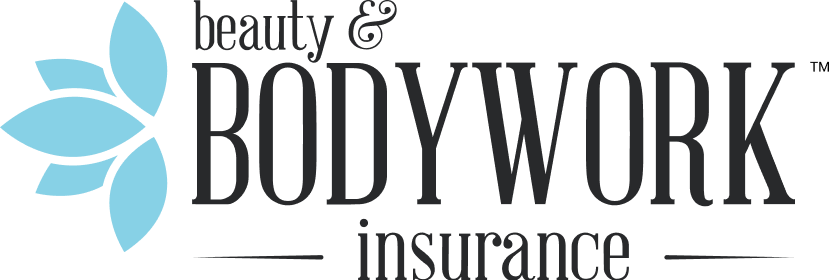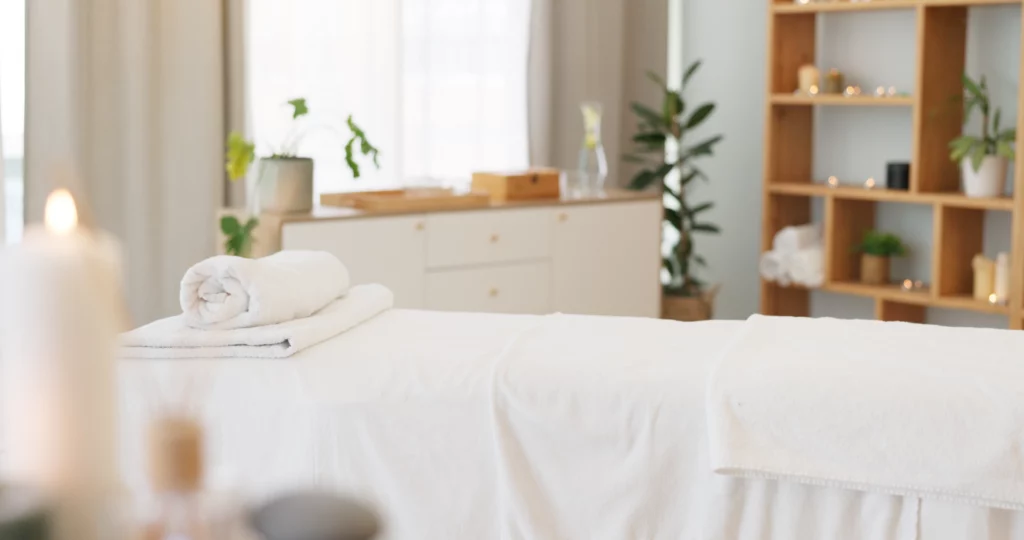Lease language and insurance jargon together? At the same time? It’s a lot, we know. That’s why we made this guide: to help explain the basics of booth rental agreements and how insurance is involved, but with less of the legalese.
- Get the lease agreement in writing
- Read the fine print
- Know all the costs (an additional fee could be in the fine print)
- Find out who’s responsible for what — injuries in the parking lot or shared spaces, building maintenance, shoveling snow, wet floors…
- Get massage therapy insurance to protect your business
Why You Need a Massage Lease Agreement
Office lease and booth or room rental agreements are necessary for independent massage therapists, even if you know and trust the person you’re leasing from. Rental agreements and leases are legal documents designed to protect both you and the lessor/landlord by:
- Detailing the terms and parameters of the agreement (like when the agreement goes into effect, how long it lasts, what will void it, and similar)
- Setting clear expectations around the roles, duties, and responsibilities of each party
- Providing proof that terms and conditions were reviewed and agreed upon
- Outlining how disputes or disagreements will be handled if they occur
Establishing clear professional boundaries between parties
Overall, clear and detailed booth rental agreements help prevent misunderstandings between massage therapists and landlords.
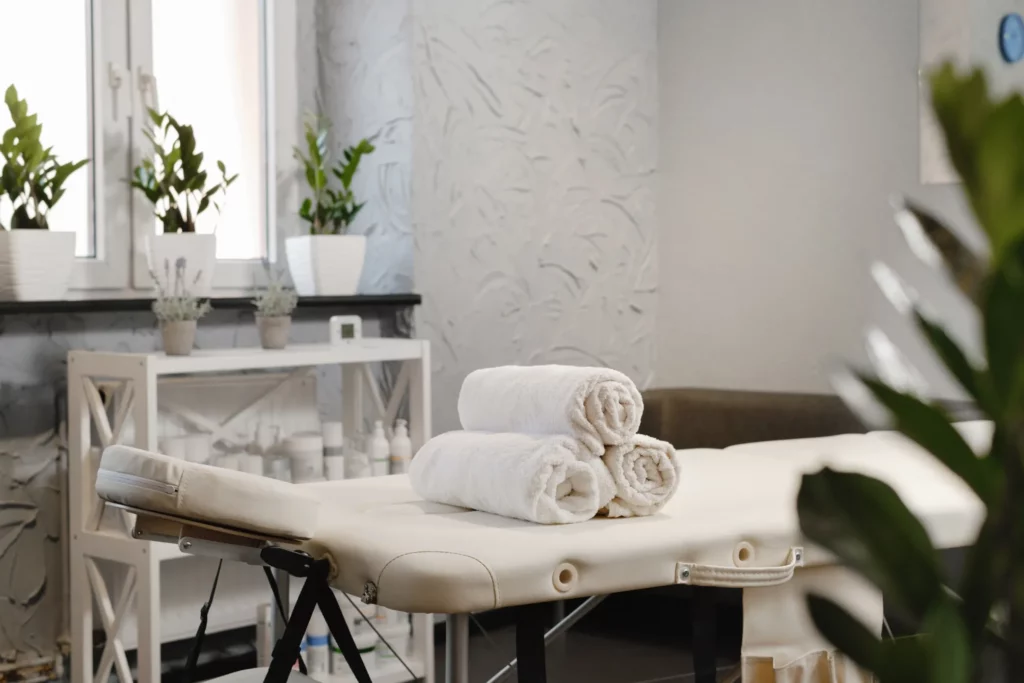
What to Look for in Massage Therapist Booth Rental and Lease Agreements
Depending on the specific rental contract, the details included will differ, but the most crucial things to know before signing any agreement are:
- What are the rules?
- What is the timeframe?
- How can you leave the agreement/rental space?
- How can they make you leave the rental space?
- What are the costs — all of them?
- What happens if someone trips and falls on the property?
- Who’s responsible for what (like shoveling snow around entryways, cleaning the floor, and other building maintenance)
The answers to these questions should be stated within the lease. If they’re missing or unclear, ask questions, request the info be added to the agreement, get it reviewed by a lawyer, or all the above before you sign it.
Common Massage Therapist Lease Agreement Clauses
- Contract duration and structure
- Rent and other costs or fees (like security deposits or late fees)
- Building and operational policies (like parking rules, building hours, and more)
- Termination and non-compete clauses
Contract Duration and Structure
Contract structure and duration describe the overall basics of the agreement, like how long it’s for and how your rent is determined. The most common lease durations are:
- Fixed-term leases: Like an apartment rental, fixed-term leases include a specific rental period (like six or 12 months) and typically can’t be canceled or renegotiated until that period ends
- Month-to-month leases: Similar to fixed-term leases, just with shorter set time periods, which gives you the option to leave or update the lease on shorter notice
Common lease structures include:
- Basic leases: Include the room or table rental and nothing else
- Amenity-inclusive leases: Include some additional services like on-site laundry or overnight room cleaning
- Fixed-rent leases: A lease where the cost of your rent is the same each week or month, regardless of how many clients you see
- Revenue-sharing leases: A lease where your rent is a percentage of your earnings instead of a fixed amount
- Hybrid leases: A rental agreement that includes some combination of a regularly-paid flat rate that doesn’t change and a percentage of your sales
- Daily/hourly rentals: When massage therapists share a space, and each person only uses the room on certain days or during specific times
This is not a definitive list of lease structures, and the types listed may overlap. For example, you could rent a booth on a month-to-month basis without any other amenities included, and pay rent on a revenue-sharing basis.
Pro tip: Pro tip: In revenue-sharing cases, where you pay the “landlord” a percentage of your earnings as rent, there is often a cap — a max amount. For example: Let’s say your rent is 25% of your earnings up to $400 each month. That means once 25% of your income equals $400, you keep 100% of everything else you earn for the rest of that month.
Rent and Other Costs
Knowing all the costs you’ll be expected to pay is vital to avoid surprises or problems later. In addition to the basic rent cost, whether it’s a fixed amount or a percentage, there may be additional fees, like:
- A security deposit
- Late fees
- Parking fees
- Cleaning fees
Costs clauses typically include the who, what, when, where, and how of payments.
- Who you need to make payments out to
- What circumstances or situations will require you to pay an additional fee
- When your payments are due
- Where to send checks or payments if there are no electronic options
- How you make payments (via paper check, ACH transfer, a payment app, etc.)
Building and Operational Policies
- Building access: Operating hours, holiday closures, keys or passcodes needed
- Parking: Where are you and your clients allowed to park? Is it paid parking? Are there other parking restrictions?
- Shared spaces: Do you and/or your clients have access to a reception area and restrooms?
- Space details: Are you renting a specific room? What are its dimensions? What equipment is provided? Do you share the room with anyone else?
- Storage: Where can you store supplies, equipment, personal, and client belongings?
- Other rules: Are there rules about scented products, candles, essential oils, or noise?
- Client management: Are there rules for client scheduling or client conduct?
- Advertising and marketing: Can you put up signage in the building or advertise on your own?
- Maintenance: What cleaning, upkeep, or other conditions are you responsible for versus the facility staff?
- Supplies, utilities, and other services: What supplies do you have to provide for yourself? Do you have to pay for any utilities? Do you have laundry access on-site?
- Dispute resolution: What is the procedure for handling disputes between you and the property owner, or you and another tenant, if they happen?
- Liability insurance: Do you need to have your own massage liability insurance? Who is considered responsible for accidents and injuries on the property?
Termination and Non-Compete Clauses
Termination clauses are the sections of a rental agreement that define how the agreement is allowed to end. In other words, it explains:
- How and when you can leave the agreement
- The consequences of ending a lease early
- Under what circumstances the property owner can end an agreement
- Under what circumstances the property owner can force you to leave the rental
Many offices that rent massage rooms will also have a non-compete clause in their contract, says Lana Orwig. This is especially true if the room is within a chiropractic office or similar business where there may be regular client referrals.
“For example, if you work with them or in their facility,” she says, “you can’t massage within X number of miles. Just to keep the business around them and not have you take their clients away.”

Massage Therapist Liability Insurance and Massage Business Rental Agreements
Massage liability insurance protects you against the costs of claims and lawsuits related to your advice and services. It also includes coverage for unintentional property damage you may cause.
If a client or another visitor gets hurt on or around the property you rent, there’s a chance you could be named in a lawsuit along with the owner. Even if you’re not found at fault, you could still be on the hook for court or lawyer fees. Insurance can help you pay those fees, too.
The property owner may also require you to have liability insurance as part of the rental agreement. Meaning: if you don’t have liability insurance, they won’t rent to you.
What Kind of Insurance Do I Need to Rent Space for Massage Therapy?
Massage therapists need at least general liability and professional liability insurance.
- General liability covers injuries and property damage done to others, like a client falling off the massage table or you accidentally breaking a client’s smartphone.
- Professional liability covers injuries, damages, or financial harm you cause others because of your services, advice, or mistakes.
A potential landlord may also want you to have Damage to Premises Rented to You coverage. This coverage is designed specifically for spaces you lease or rent. If you accidentally cause damage to a rented workspace, this is the coverage that helps you pay for it.
When you rent a massage booth or room, the property owner may also ask to be added to your insurance as an additional insured. This protects them if they’re sued for something related to your work. It’s a common way for property owners to protect themselves from liability.
Beauty and Bodywork Insurance includes general liability, professional liability, and damage to premises rented to you coverage in our base massage policies for just $9.99/month. Base policies also include:
- Products and Completed Operations: Coverage for bodily injury and property damage claims that result from the products you use to perform your services, like essential oils (products you sell or distribute are not covered)
- Personal and Advertising Injury: Coverage for claims related to non-physical damage or injury, like invasion of privacy or defamation
- Medical Expense Limit: Liability coverage for injuries and medical expenses, regardless of fault.
BBI offers additional insureds coverage as an optional add-on to our base policy. For $15/year you can add one additional insured. Plus, if you work in multiple locations, you can add unlimited additional insureds for $30/year.
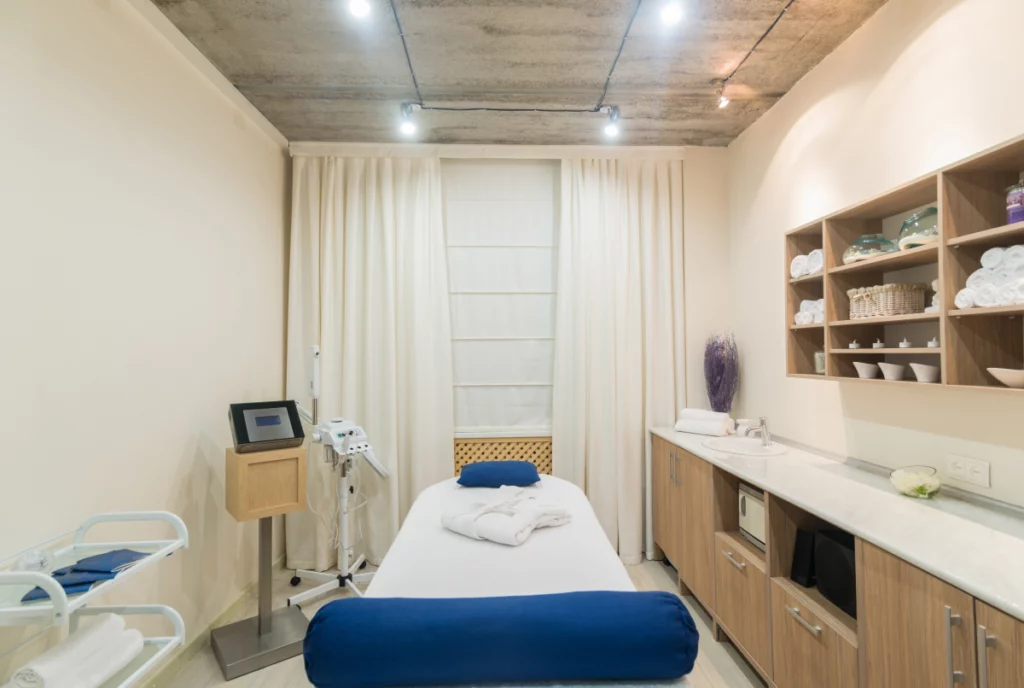
Identify Potential Red Flags & Avoid Future Headaches
- Read the fine print! Yes, all of it. On every page of every agreement
- Ask questions. If you don’t understand a specific section, ask for clarification
- Get a lawyer. It’s always a good idea to have a lawyer review a contract before you sign it
- Negotiate. You don’t have to accept the first version of a contract. The extent to which the property owner is willing to work with you will depend on the property owner
- Look for red flags. Make note of anything that stands out to you as unclear, missing, or just off. It’s better to clear these things up before signing any legal agreement
- Get massage therapy insurance to protect your business in the case of accidents or legal issues
- Who is the landlord and where are they physically located? (This tells you whose name to expect on the lease agreement and how to find them if you need to contact them later)
- Is there an on-site property manager or contact person? (So you know if there’s someone in the building to help with property issues if they come up, like a power outage or water leak)
- Are there other tenants/who are the other tenants? (So you know who you need to interact with, as well as who informs you about other people allowed in the building at the same time as you)
- Are there subletting restrictions? (Tells you if you can sublet your workspace or not)
- Is the building for sale? (If the current building owner is selling the building, they may care less about you and your lease than about getting rid of the building — plus, you won’t know if new owners would honor your lease or make you move)
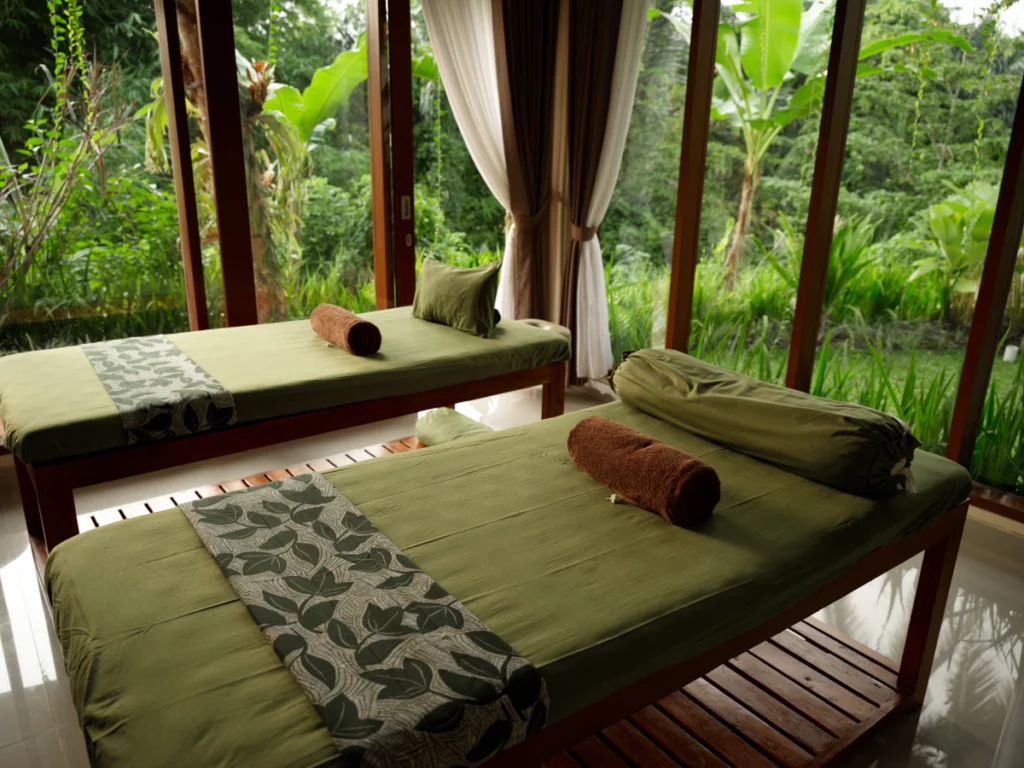
Common Questions About Massage Business Lease Agreements & Insurance
Does My Insurance Cover Me in Multiple Locations?
Yes. Beauty and Bodywork Insurance policies go where you go and provide coverage for you in each location you work.
Does the Landlord’s Insurance Cover My Clients or Equipment?
A landlord’s insurance typically does not cover your clients, but it may depend on the landlord and the space setup. This is why it’s essential to understand the lease’s liability responsibilities before you sign it. For example, they may cover your clients if they’re injured in the parking lot, but nowhere else.
As for the equipment you own and use for work, your landlord’s insurance won’t cover it (in most cases). To insure your massage therapy equipment, you need Tools and Supplies Coverage (aka inland marine insurance).
Can I Rent Space in a Salon or Wellness Center Without Being an Employee?
It depends on the facility’s owner. Some businesses are set up to hire only massage therapists as employees, while others are designed as a collection of workspaces for independent contractors to rent.
Is a Handshake or Verbal Agreement Enough?
No. Not having a written agreement is a major red flag. Always get leases and rental agreements in writing to protect yourself and your business. Without one, there is no proof of agreement, leaving you vulnerable to additional risks.
